The confrontation between two world giants, China and the United States, has now turned into a semiconductor conflict for the latter. As China officially prohibits the most advanced AI chips produced by Nvidia, such as the much-desirable A100 and H100 computing power units, the entire technology-driven sphere is on the verge of a brand new discontinuity.
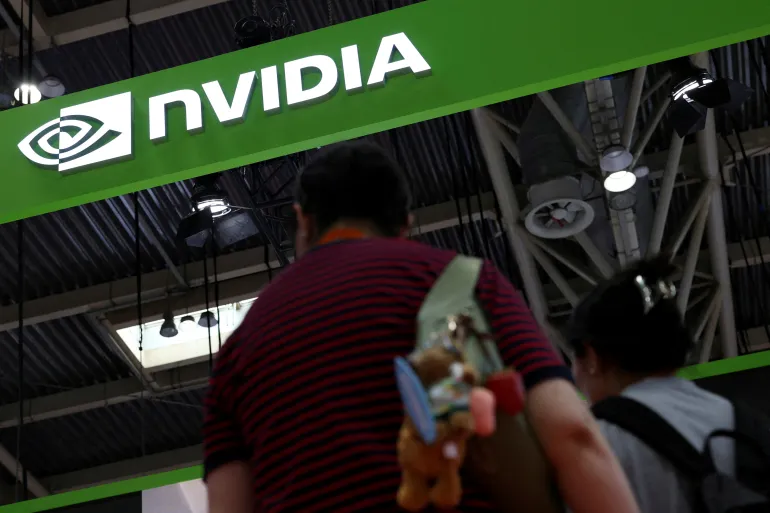
No, it is not only about chips, but the future of artificial intelligence, the tension in global trade, or national security issues, or even a threat of technology decoupling, which is likely to transform the entire world economy. The ruling has been shocking the semiconductor industry, and the impact of technology sanctions can be felt in other fields such as healthcare and autonomous vehicles.
Table of Contents
The storm behind Nvidia Chips
The A100 and H100 GPUs by Nvidia are regarded as the standard in high-performance computing and AI development. These chips are focused on processing large datasets, and they drive natural language processing and generative AI as well as military simulation. Indicatively, the A100 produced by Nvidia is capable of providing 20x faster training of AI than conventional GPUs, and this is what Chinese firms that are engaged in a competition to be first in AI innovation cannot afford to ignore.
Read More: The Wait for iPhone 17 Air: What’s Holding It Back in China?
The reliance of China on these Nvidia chips was not a secret- Chinese companies contributed almost 20-25% of the AI chips revenue of Nvidia, according to market estimates. Such giants as Alibaba, Tencent, and Baidu had already implemented such GPUs in cloud systems and artificial intelligence laboratories. Not only does China cut off its domestic tech giants, but it sends a message to the U.S. export controls, which limit the supply of sophisticated semiconductors to Chinese consumers.
The Background: Tech War and Export Controls US-China
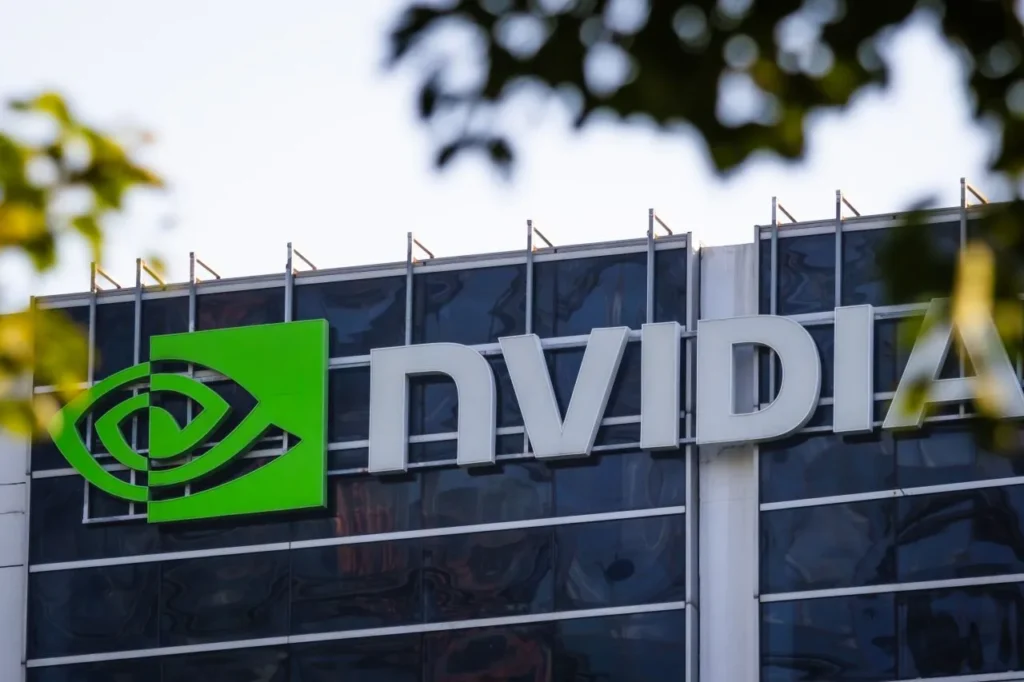
The US-China technology war did not happen in a single day. Washington has, since 2019, increased its restrictions on the export of high-tech Nvidia chips and other chips on the grounds of national security. The U.S. has blacklisted Huawei, limited sales of semiconductors, and in 2022 added the A100 and H100 of Nvidia. The reasoning was obvious: China would not be allowed to get the Nvidiachips, which could be reused on other tasks like simulating hypersonic missiles or creating sophisticated spy equipment.
China has, in turn, retaliated by increasing its investment in semiconductor self-reliance with an outlay of more than 150 billion dollars through Made in China 2025. Nonetheless, Chinese fabs continue to be several years behind Taiwanese TSMC and U. S. firms in the development of sophisticated 5nm or 3nm nodes. This vacuum is further revealed in the ban of Nvidia chips, and it becomes hard to compete at the same level with Chinese AI companies.
The Ripple Effect of the Development of AI in China
To the AI ecosystem that is booming in China, the Nvidia chips restrictions sound like a fatal blow. A100 GPUs are essential in research laboratories where massive AI models, such as large language models (LLMs), which require tens of thousands of GPUs to train in parallel, are required. Chinese AI companies will be unable to scale projects that compete with GPT-4 of OpenAI or Gemini of Google without entry.
Read More: Google Gemini vs ChatGPT: The Next-Gen AI Model Battle
An example is the Ernie Bot of Baidu. The training of ChatGPT to compete with chatbots would require billions of parameters, which would normally require clusters of H100 chips to train. Now that those are out of the picture, Chinese companies will either have to accept inferior domestic alternatives, such as the Ascend 910 by Huawei, or will have to experience a strong performance slowdown. This establishes an element of competition in the AI innovation worldwide, and U.S. companies have a technological advantage.
International Supply Chain Breakage and Changes in the Market
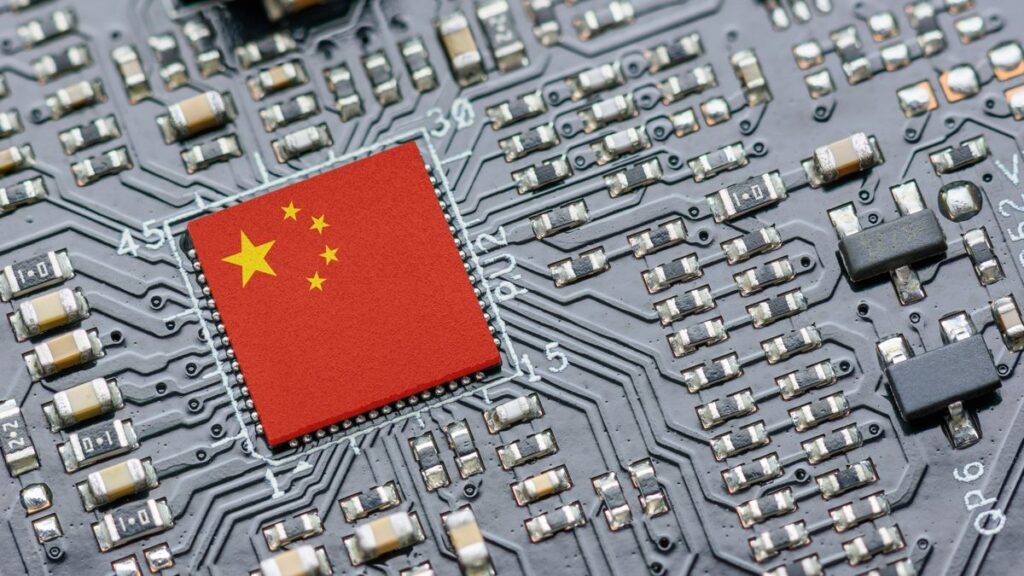
The Nvidia chips ban is not only about China, but it also spreads across the world. Nvidia is also at risk, considering that China was among its fastest-growing markets. In 2022, Nvidia chips earned almost 7 billion dollars in China, which is approximately one-fourth of its data center sales. Failure to maintain such a market might make Nvidia seek alternative areas of growth, perhaps in places such as the Middle East or Europe, where AI demand is taking off.
Simultaneously, Chinese companies can attempt to go around the obstacles by using the gray market, caching GPUs by third-party resellers in Singapore or Hong Kong. It is already being reported that certain Chinese startups are buying the Nvidia chips in the secondary market at 2-3x the official price. This forms a parallel economy, which makes it even harder to enforce sanctions.
Technology as a Weapon of Power
The prohibition of Nvidia chips highlights the power of technology sanctions, which is now as strong as conventional economic sanctions. Those days, when oil was the determinant of geopolitics, it is now semiconductors. High-tech AI chips are a national security icon, and both China and the U.S. have realized that whoever has the semiconductors has the future of warfare, communication, and economic competitiveness.
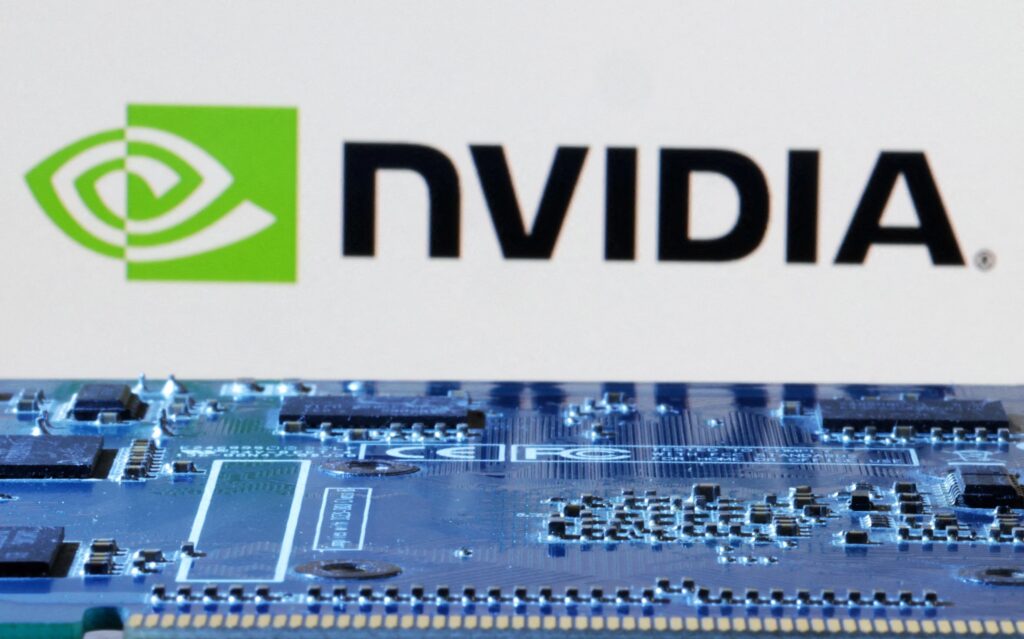
As an example, the U.S Department of Commerce publicly listed Nvidia GPUs as a list of blacklisted chips in hardware in which no exports were permitted without restrictions. The retaliation of China indicates that tech decoupling ceases to be a hypothetical concept- it is a reality that is unfolding, and it has significant implications for multinational companies and innovation processes.
Read More: R1 Robot: China’s Bold Rival to Tesla’s Optimus
So what does this mean for the Future of Tech Decoupling
The Nvidia chips ban draws attention to a rather serious trend: the disintegration of the global technological ecosystem. Rather than a single supply chain that is interconnected, two parallel systems will come into existence, one that will be driven by the U.S and its allies, and the other one will be driven by China and home-grown substitutes. Although American companies can benefit in the short run, the ban can speed up the investments of China in local AI chips.
One of the companies, such as Cambricon and Huawei, is already on the move to fill the gap. Their chips, although still by far less efficient than Nvidia chips A100 or H100, are sometimes the product of necessity. As China developed a powerful solar sector, having been limited at first, it could soon develop rival AI hardware.
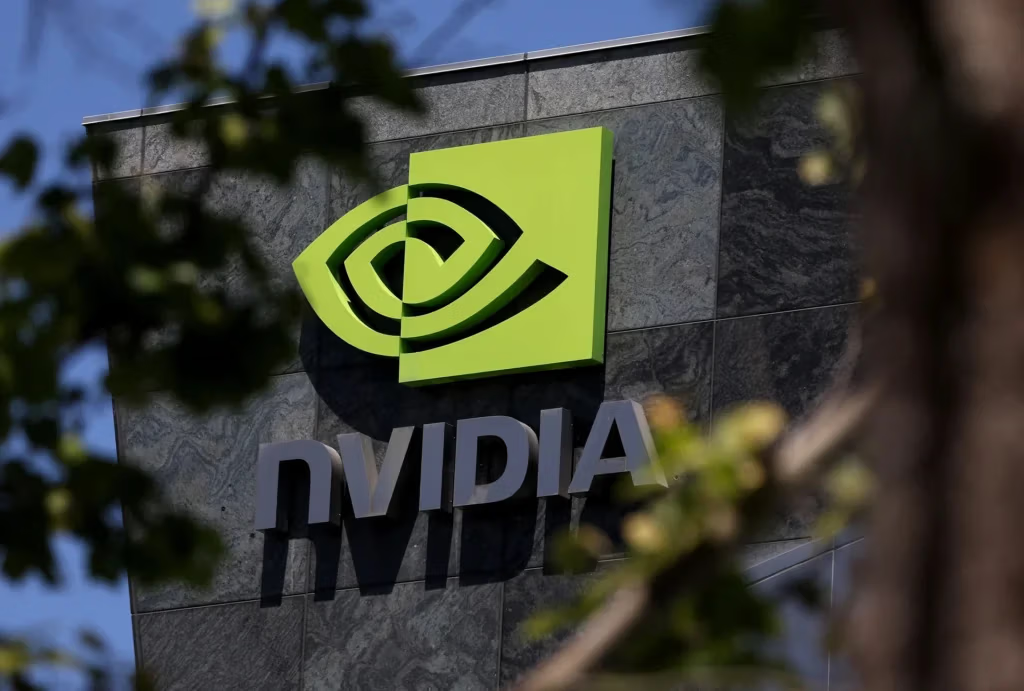


Pingback: Vibe Working in Microsoft Excel and Word - uniqnodes